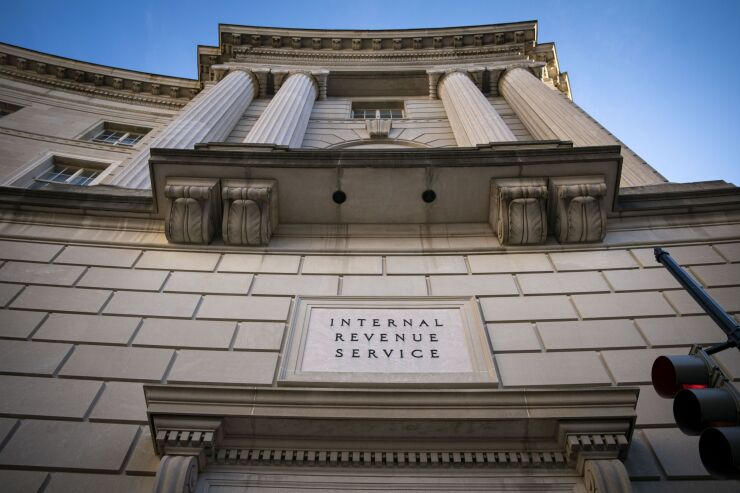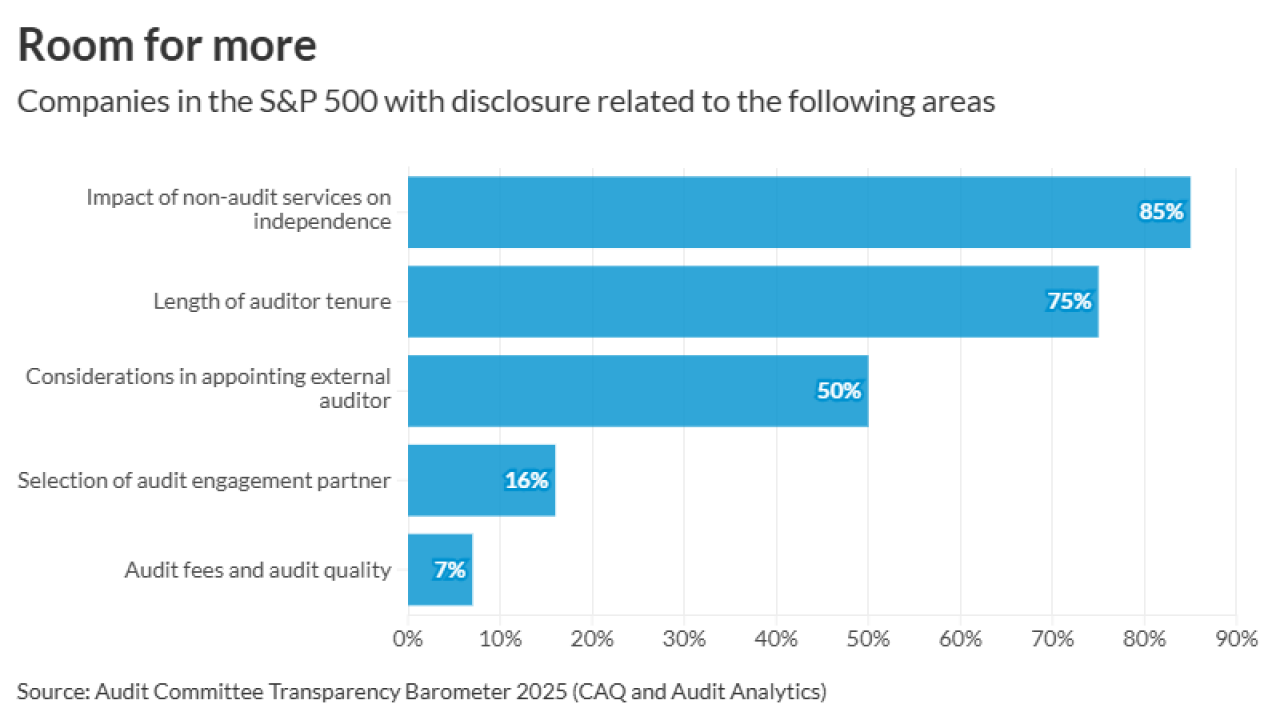The Internal Revenue Service's plan under the Biden administration to audit high-income taxpayers appears less likely after staffing and budget cuts under the Trump administration, according to a new report.
The
TIGTA found the IRS's FY 2024 examination plan indeed shifted the focus toward auditing high- income individuals, aligning with a 2022 directive from former Treasury Secretary Janet Yellen to former IRS Commissioner Chuck Rettig, telling the IRS not to use any additional resources to increase audits on small businesses or households earning below $400,000 per year. The Inflation Reduction Act of 2022 provided $79.4 billion to the IRS over a decade. The IRA funding allocated $45.6 billion to enforcement activities and was intended in part to increase examinations of high-income taxpayers. However, as of March 2025, Congress subsequently reduced IRA funding to $37.6 billion, reducing the enforcement allocation to $3.8 billion.
The audits planned for high-income taxpayers in the Small Business/Self-Employed and Large Business and International divisions were nearly 2.5 times higher than the average from FY 2019-2023. In addition, audits for taxpayers earning under $400,000 did not increase, according to the report, keeping the IRS on track to meet the directive's goal of avoiding higher audit rates for lower income earners.
However, the report noted that the IRS has not defined some of the key terminology or aspects of its methodology for compliance with the 2022 Treasury Directive. On top of that, hiring freezes and staffing cuts this year may affect the IRS's ability to meet long-term goals of the 2022 Treasury Directive, which nevertheless remains in effect. The IRS has lost about
"As previously stated, the IRS is currently subject to a hiring freeze and other staffing reduction efforts," said the new TIGTA report. "We previously reported that the number of revenue agents declined by approximately 31% due to the probationary termination notices and the first of two DRPs. Additionally, over 23,000 IRS employees applied for the second DRP. Depending on the outcome of these events, it may be difficult for the IRS to continue the shift to high-income audits. Revenue agents of the SB/SE and LB&I Divisions are typically assigned more complex audits than the divisions' other examination personnel."
The IRS was previously on track to meet the goals of the 2022 Treasury Directive by increasing the number of revenue agents and lowering the audit rate for individuals with TPI at or under $400,000, the report noted. But those efforts are looking doubtful now.
"While the shift in resources in the FY 2024 examination plan and the IRS's hiring efforts in FY 2024 supported the goals of the 2022 Treasury Directive, further implementation of these efforts face challenges," said the report. "The various efforts underway to reduce the size of the agency will likely have an impact on the long-term goals of the 2022 Treasury Directive."
The report offered no recommendations, nor a response from IRS officials.






